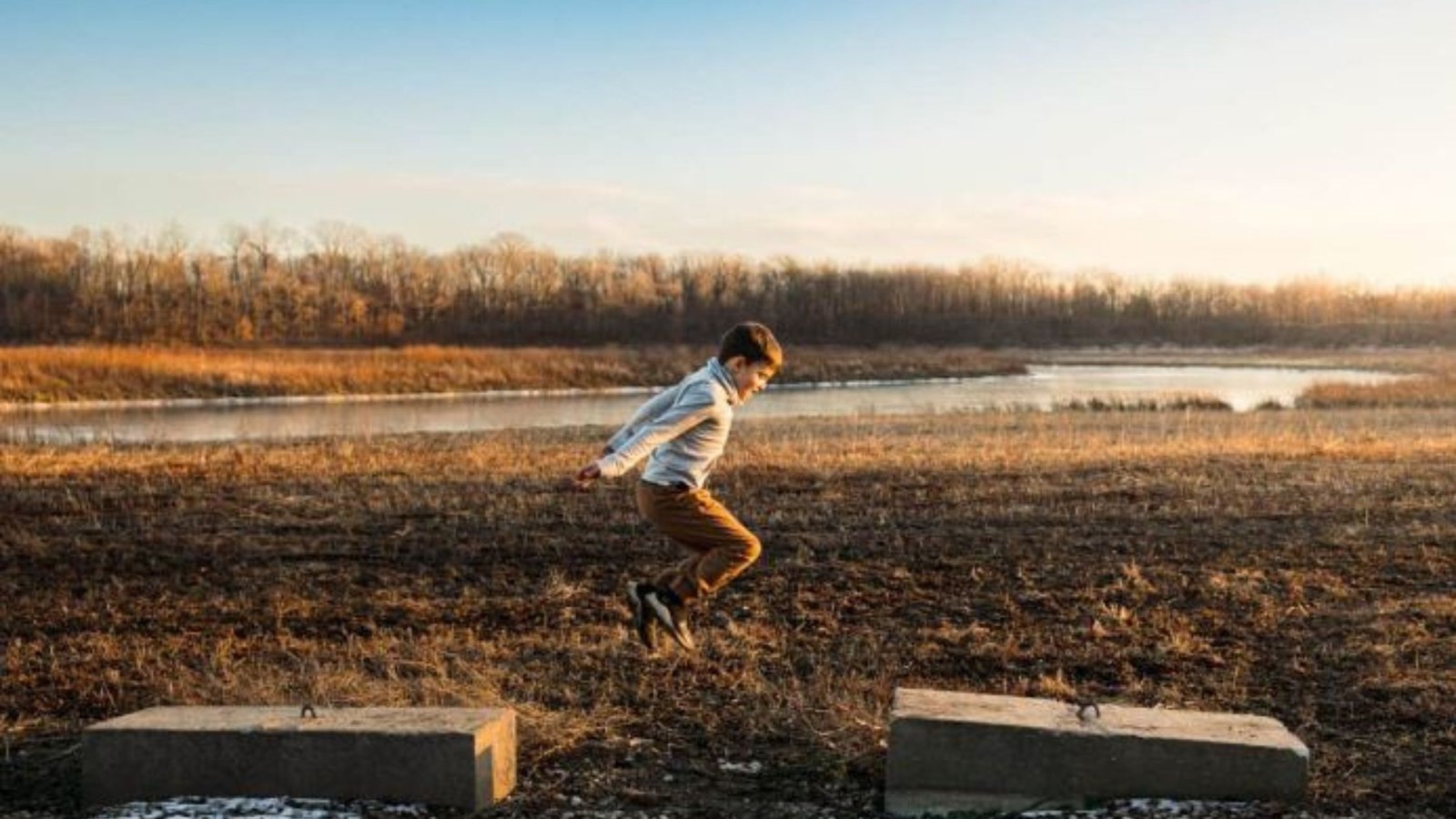Preparing for challenging outdoor experiences involves physical conditioning, mental readiness, and skills development. Training ensures you have the strength, stamina, and skills to tackle demanding terrain and conditions. Here’s a guide to help you train effectively for your outdoor adventures.

Assess Your Fitness Level
Start by assessing your current fitness level and capabilities. Understand the physical demands of your planned outdoor activities. If necessary, consult with a healthcare provider or fitness professional to determine a suitable training plan.
Set Realistic Goals
Establish clear goals for your training regimen. Define specific objectives such as improving endurance, increasing strength, or developing specific skills relevant to your outdoor adventure. Setting realistic goals helps you stay motivated and focused.
Build Endurance
Endurance is crucial for sustained outdoor activities. Incorporate aerobic exercises such as hiking, running, cycling, or swimming into your training routine. Gradually increase the duration and intensity of your workouts to improve cardiovascular fitness and stamina.
Strength Training
Strength training enhances muscular endurance and stability, essential for carrying packs, navigating rough terrain, and performing challenging maneuvers. Focus on exercises that target major muscle groups, including squats, lunges, push-ups, and core exercises.
Balance and Agility
Improve balance and agility through exercises that challenge coordination and proprioception. Include activities like yoga, balance drills, and agility exercises to enhance your ability to navigate uneven terrain and maintain stability.
Practice Specific Skills
Train specifically for the skills required in your outdoor adventure. Practice hiking with a loaded backpack, setting up camp, using navigation tools, and performing emergency procedures. Familiarize yourself with equipment and techniques relevant to your chosen activity.
Simulate Outdoor Conditions
Simulate outdoor conditions during your training sessions. Train in varying weather conditions, terrain types, and altitudes to prepare for the challenges you may encounter. Practice in environments similar to your planned adventure to build confidence and adaptability.
Increase Mental Toughness
Outdoor adventures often require mental resilience and determination. Develop mental toughness through visualization, positive self-talk, and mindfulness practices. Practice managing stress, staying focused, and maintaining a positive mindset during challenging situations.
Hydration and Nutrition
Proper hydration and nutrition are vital for sustaining energy levels during outdoor activities. Stay hydrated by drinking water regularly and consuming electrolyte-rich fluids. Eat a balanced diet that includes carbohydrates for energy, protein for muscle repair, and fats for sustained endurance.
Rest and Recovery
Allow time for rest and recovery between training sessions. Adequate rest promotes muscle repair, prevents injury, and enhances overall performance. Listen to your body and adjust your training intensity as needed to avoid overtraining.
Conclusion
Training for challenging outdoor experiences involves comprehensive preparation of physical fitness, mental resilience, and skill development. By following these training tips and maintaining a disciplined approach, you can enhance your readiness and enjoyment during outdoor adventures. Prepare thoroughly, stay safe, and embrace the rewards of exploring nature’s wonders.











